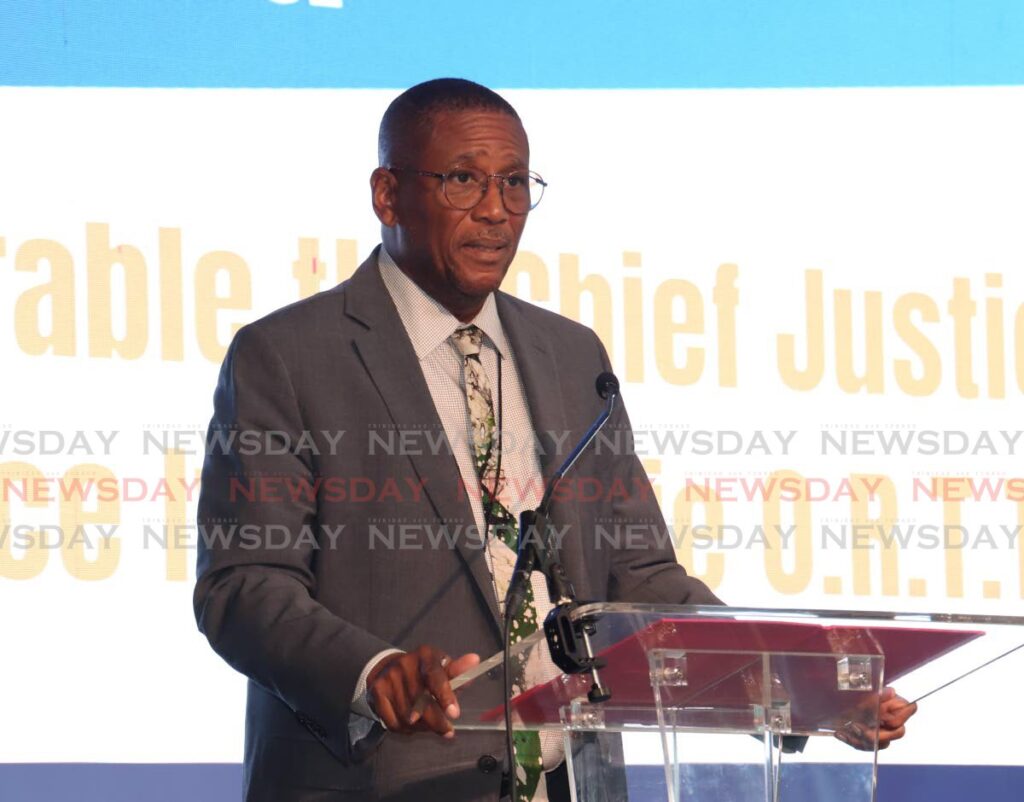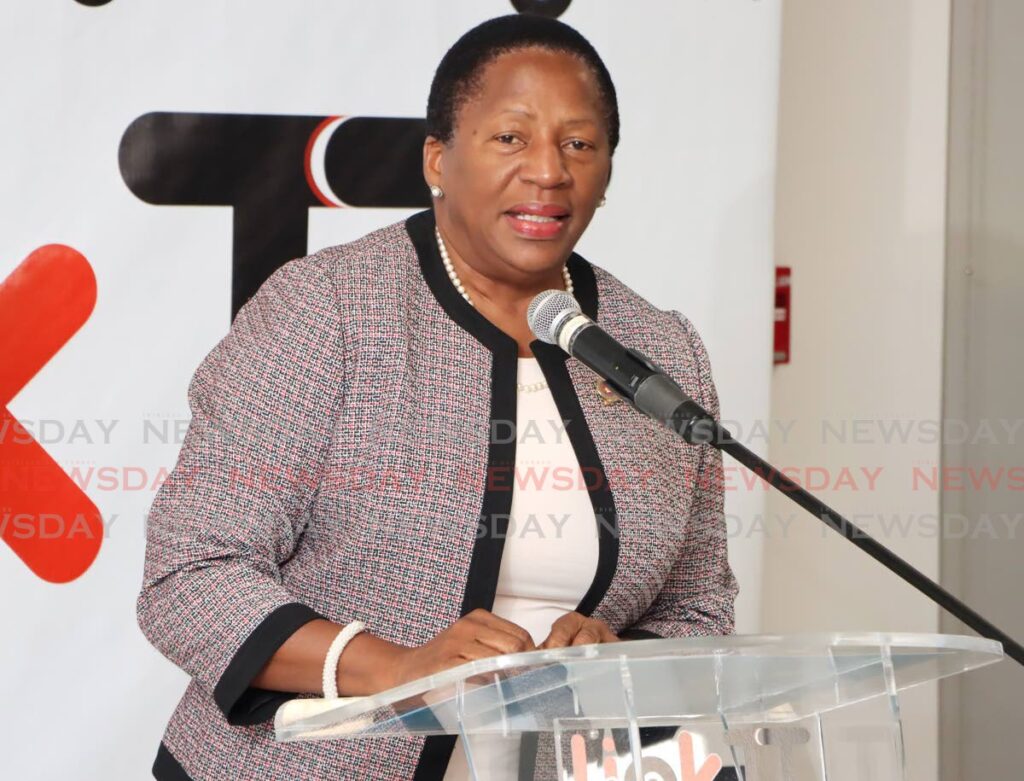Crime, a constitutional issue
Written by reggietnt868radio on November 19, 2024

TERRENCE W FARRELL
CRIME/CRIMINALITY is the greatest scourge in our country, impacting citizens’ sense of security and well-being, and increasing the costs and risks of business activity. Dealing with crime requires an effective police service, staffed by competent, honest, and well-resourced officers executing a credible strategic plan for crime reduction.
The effectiveness of the police service should be determined and assessed by an independent Police Service Commission (PSC). As Justice Judith Jones, the former chairman of the PSC, has documented, the commission is ineffective
by design. That design is outlined in the Constitution of TT. It is for this reason that I and other members of the National Advisory Committee on Constitutional Reform (NACCR) have argued that:
Crime is a constitutional issue!
Justice Jones in her remarks in the 2023 Annual Report of the PSC, recently laid in Parliament, noted that:
(1) The commission has no control over the strategic objectives of the police service;
(2) Its monitoring function is, in accordance with performance appraisal practice, effectively limited to standards set by the police service (however low or incoherent those standards may be);
(3) It does not have the power to monitor the operations of the police service as a whole;
(4) It has no control over the recruitment pool of candidates for the positions of Commissioner of Police (CoP) and deputy commissioner (DCoP); and
(5) The PSC is understaffed to carry out even its existing functions.
In effect, then, the PSC really does not decide the criteria for recruitment of CoP, does not select the CoP, cannot monitor the performance of the police service, cannot independently verify whatever it is told by the CoP, and has no power to investigate anything.
In light of these manifest managerial absurdities, is it any wonder that that the PSC is ineffective, the police service is ineffective, and therefore crime continues to escalate. Parenthetically, the TTPS and/or the government has resisted every attempt at reform, from the reports of Lee (1958), Darby (1964), Carr (1971), Bruce (1978), O’Dowd (1991), to Deosaran (2017)! It remains a colonial police force in structure, methods, attitudes, and performance.
There is another critical point which was not made by former chairman Jones. It is that the 2006 amendment to the Constitution inserts the politicians in Parliament into the process of the appointment of the
members of the Police Service Commission (section 122(4) and (5)). This taints the independence of the PSC. Moreover, this requirement for parliamentary approval does not apply to the other service commissions.
The NACCR “We The People” report addressed the service commissions and especially the PSC, frontally. Our report demanded that: “The role and functions of the service commissions should be redefined to enable them to develop efficiency and accountability and promote high standards and transparency of the public service and state agencies” (We The People (WTP), paragraph 4.118).
In respect of the PSC, the committee recommended that it be reconstituted as a “protective services commission” encompassing the police, fire service, municipal police and prisons service, and it should have responsibility for the executive ranks in these services, therefore including the position of the assistant CoP in the TTPS (WTP, 4.135).
The NACCR recommended that Parliament be removed from the process of appointment of the CoP and DCoP, leaving these in the hands of the independent PSC (WTP, 4.140). However, the Prime Minister should have a veto over those appointments, though he must give reasons therefore to the PSC.
The NACCR recommended that the PSC (and other service commissions) have full responsibility for recruitment and appointment of the executive ranks, succession planning, performance management, monitoring and evaluation, and professional development and training (WTP, 5.164-5.167).
The PSC would also have responsibility for establishing and enforcing a code of ethics and the disciplinary guidelines which the TTPS will follow (WTP, 5.168-5.169). The role envisaged for the reformed service commissions is not inconsistent with delegation as provided for in section 127(1) of the Constitution.
The role of the PSC and indeed the other service commissions would be akin to the role of a company’s board of directors who do not themselves manage, but establish policies, approve strategy, and provide oversight, guidance, and discipline to executive management.
In the NACCR’s conception, the PSC is not some arm of the state whose purpose, as described by Lord Diplock, is merely to insulate the police service from the politicians. It will, of course, do that. But it must do much more than that. It must oversee the human resource management of the TTPS, ensure that the Commissioner of Police and the executive of the TTPS are competent to carry out their duties, and ensure that they actually do so based on strategic plans and objectives in which the PSC has significant input.
Our crime crisis will not be resolved by some “caped crusader.” It will be resolved by an effective police service which is competently led and managed. That in turn requires an independent PSC which provides the required strategic oversight and sound human resource management practices, including dealing swiftly, when necessary, with poor performance and misconduct within the executive and ranks of the TTPS.
Former chairman Jones must be complimented for her excellent analysis and her candour. A fresh set of
members of the Police Service Commission will now be appointed. However, unless there is constitutional reform, they, like all those before them, will be spinning top in mud and spectating as the crime crisis spins out of control.
The post Crime, a constitutional issue appeared first on Trinidad and Tobago Newsday.




